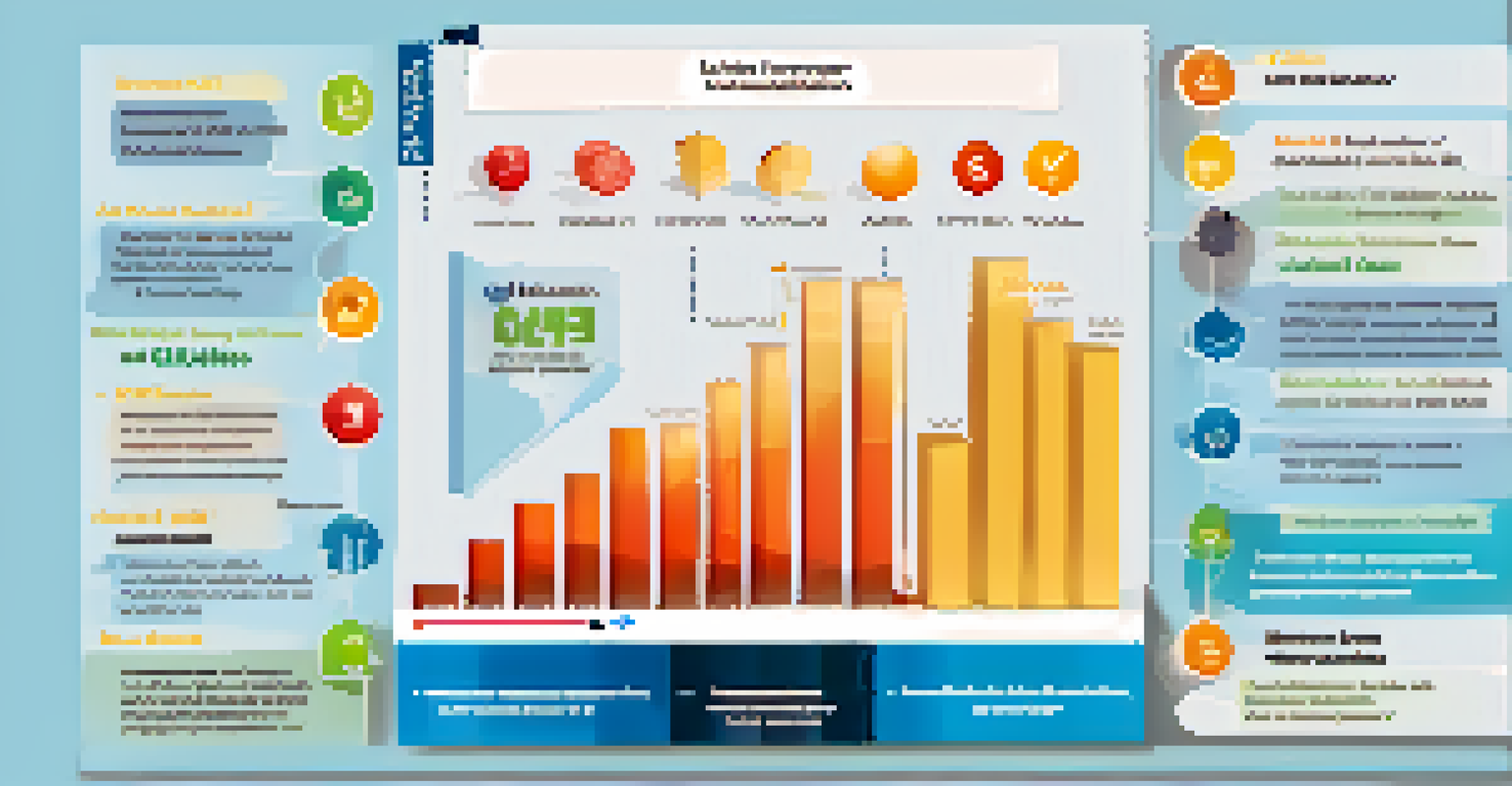The Impact of Tax Credits on Your Overall Tax Bill

What Are Tax Credits and How Do They Work?
Tax credits are financial incentives provided by the government to reduce your tax liability. Unlike deductions, which lower your taxable income, tax credits directly reduce the amount of tax you owe, dollar for dollar. This makes them a powerful tool for taxpayers looking to save money.
In this world, nothing can be said to be certain, except death and taxes.
There are two main types of tax credits: nonrefundable and refundable. Nonrefundable credits can reduce your tax bill to zero, but any excess amount is lost. Refundable credits, however, can result in a refund if they exceed your tax liability, making them more valuable.
Understanding how these credits work is crucial because they can significantly impact your overall tax bill. By utilizing available credits, you can minimize what you owe and keep more money in your pocket.
Common Types of Tax Credits Available
There are several tax credits that individuals and families may qualify for, including the Earned Income Tax Credit (EITC), Child Tax Credit, and education credits. Each of these credits has specific eligibility requirements, so it’s essential to understand which ones apply to your situation. For example, the EITC is designed to benefit low-to-moderate-income working individuals and families.

Education-related tax credits, like the American Opportunity Credit and the Lifetime Learning Credit, can help offset the cost of tuition and other educational expenses. These credits not only encourage education but also provide substantial savings on your tax return.
Understanding Tax Credits
Tax credits directly reduce your tax bill, making them a more powerful financial tool than deductions.
Exploring the various tax credits available can lead to significant savings, making it worthwhile to research them thoroughly. You might find that you qualify for credits you weren’t even aware of!
The Difference Between Tax Credits and Tax Deductions
While both tax credits and deductions can reduce your tax bill, they work in fundamentally different ways. Tax deductions lower your taxable income, which in turn reduces your overall tax liability, but the savings can vary based on your tax rate. For instance, a $1,000 deduction saves you $200 if you're in the 20% tax bracket.
The avoidance of taxes is the only intellectual pursuit that still carries any reward.
In contrast, a tax credit directly reduces your tax bill. For example, a $1,000 tax credit saves you $1,000 in taxes, regardless of your tax bracket. This makes tax credits generally more beneficial than deductions.
Understanding this difference is key to effective tax planning. By prioritizing tax credits over deductions where possible, you can maximize your savings and reduce your overall tax bill.
How to Claim Tax Credits on Your Tax Return
Claiming tax credits is typically done when you file your annual tax return. You'll need to complete the appropriate tax forms and provide the necessary documentation to support your claim. For instance, to claim the Child Tax Credit, you must provide your child's Social Security number and other relevant information.
It's essential to keep thorough records of your eligibility for each credit you claim. This could include income statements, receipts for educational expenses, or proof of childcare costs. Having this documentation handy can make the filing process smoother and help you avoid issues with the IRS.
Common Tax Credits to Explore
Taxpayers may qualify for various credits like the Earned Income Tax Credit and education credits, which can lead to significant savings.
If you're unsure about how to claim a specific credit or whether you qualify, consider consulting a tax professional. They can guide you through the process and help ensure you take advantage of all available credits.
The Seasonal Impact of Tax Credits on Your Finances
Tax credits can have a seasonal impact on your finances, particularly around tax season. Many taxpayers look forward to the potential refund that tax credits can provide, which can be a welcome financial boost. This can be especially helpful for families managing expenses during the winter months or after the holiday season.
Additionally, understanding when and how to utilize tax credits can help you plan for other financial obligations throughout the year. For example, knowing you can claim education credits may influence your decision to enroll in classes or training programs.
Ultimately, the financial relief provided by tax credits can help you budget better and plan for future expenses, making it an important aspect of personal finance management.
How Life Changes Affect Your Tax Credits
Life changes such as marriage, having children, or starting a new job can significantly affect the tax credits you qualify for. For instance, getting married may allow you to claim credits that are unavailable to single filers, and having a child can open the door to the Child Tax Credit.
It's essential to review your eligibility for tax credits following any major life changes. These changes can impact your income level, filing status, and even the number of dependents you can claim, all of which can influence your tax situation.
Impact of Life Changes
Major life changes can affect your eligibility for tax credits, so it's vital to reassess your situation regularly.
By staying informed about how these changes affect your tax credits, you can take full advantage of the financial benefits available to you and avoid missing out on potential savings.
Future of Tax Credits: Trends and Changes
Tax credits are subject to change based on new legislation and government policies. Keeping an eye on proposed tax reforms or changes in existing credits can help you prepare for any shifts in your financial landscape. For example, recent discussions have focused on expanding credits for renewable energy initiatives or increasing the Child Tax Credit.
It's also important to stay informed about how these changes might affect your ability to claim certain credits. Following reputable financial news sources or consulting with tax professionals can help you stay ahead of any developments.

Understanding the future landscape of tax credits will empower you to make informed financial decisions and adapt your tax strategies accordingly.